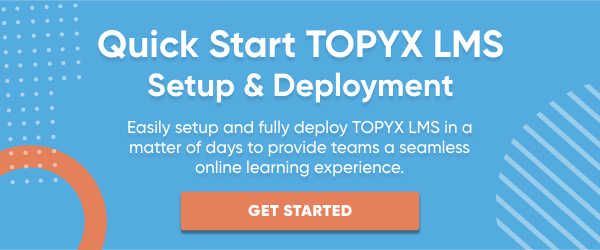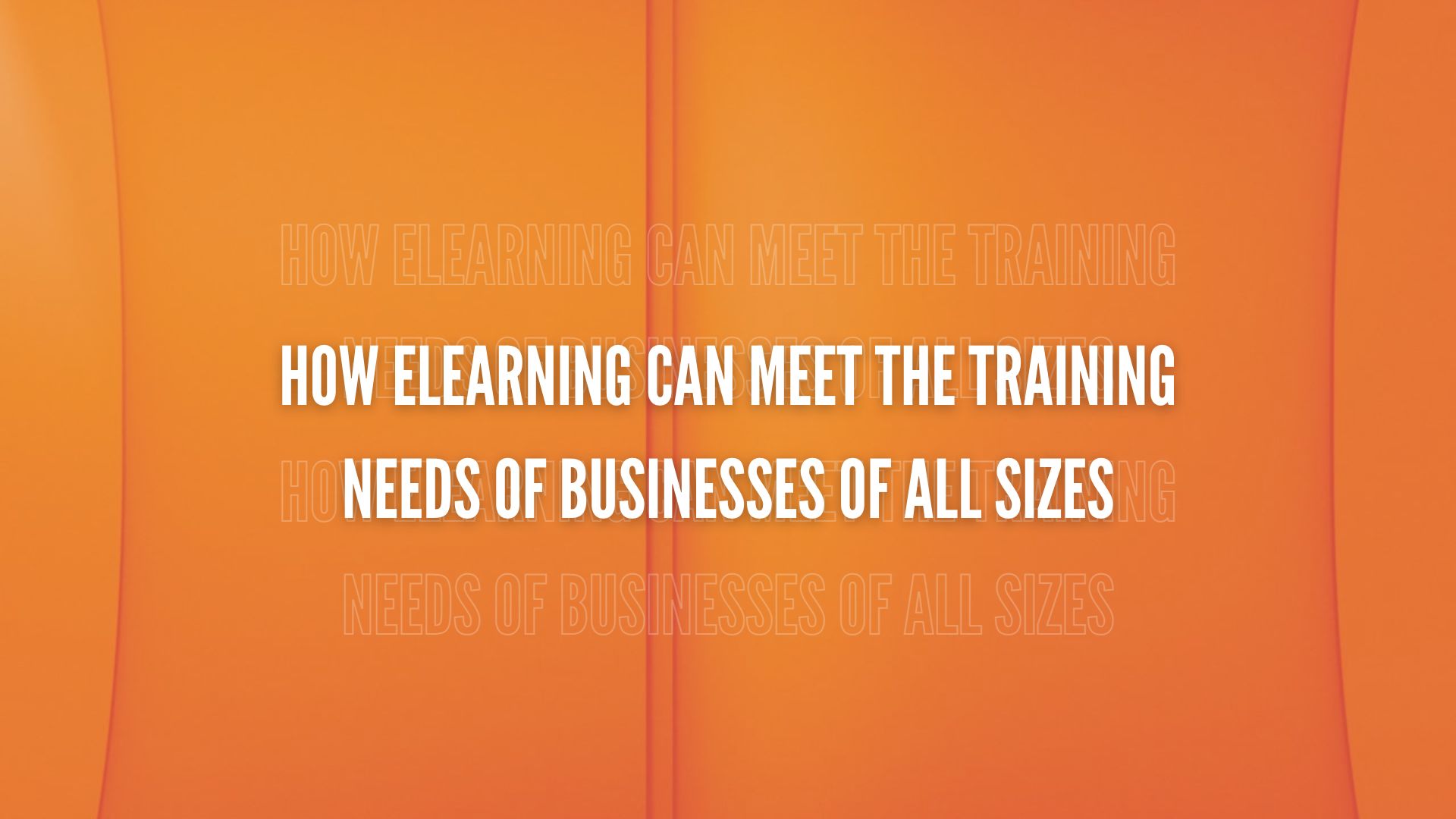In the past two years, the corporate training market in the U.S. has risen to $90.6 billion.1 A variety of professionals contribute to the creation of corporate training. Subject matter experts (SMEs) in particular have an incredibly valuable role in ensuring corporate training is properly composed, relevant, and effective.
Subject matter experts are instructional designers’ go-to sources for the most accurate information on any given topic. They work closely with eLearning designers, as well as developing, selling, and distributing their own content, such as training programs and certifications.
In both cases increasing content effectiveness and sales of SME training to boost revenue is essential. SMEs can grow their own business by selling more courses, while corporations can create a new revenue stream by selling their most popular SME training courses. In both cases, a learning management system (LMS) can help.
“SMEs play a critical role in training that is on point and delivers results.”2
-1.jpeg?width=600&name=pexels-photo-716276%20(1)-1.jpeg)
How an LMS Improves SME
Training Sales and Efficiency
An LMS helps improve sales by facilitating new customer acquisition and current customer upsells. It can also improve the learner experience, helping clients and employees get more from each course. Here are a few reasons why a learning management system is an ideal platform to delivering SME training:
1. An LMS provides content creation and eCommerce tools
An LMS is designed to support new content and sales goals. The primary way it does this is by providing tools that enable SMEs to create and publish training programs, certifications, and exams. Additional eCommerce tools can increase sales of SME content, getting the right products to the right clients.
2. An LMS facilitates regular content publication
SMEs have a wealth of knowledge about various subjects, often specializing in one area where they’re known as some of the most up-to-date professionals in the industry. Because of this, they have the capacity to quickly produce new content for clients and update older materials to incorporate the latest changes. A learning management system allows SMEs to create and distribute fresh content consistently, without the IT or coding skills many website and training distribution tools require. This lowers the barrier to entry, making it easier for SMEs to grow their businesses, increase sales and establish themselves as trusted experts in their industries.
3. An LMS improves the customer experience by giving clients mobile access to content
Giving clients the option to access their training courses via mobile device promotes loyalty by making it easier for individuals to consume SME training. Mobile learning is convenient and motivates clients to interact with the content they’ve already purchased, ensuring costly training gets used. Clients can access their courses when they want, on whatever device they feel most comfortable with.
4. An LMS maximizes per-user revenue
Client loyalty and upsells are crucial for ongoing sales of SME training. An LMS maximizes per-user revenue by delivering an exceptional user experience that promotes additional purchases. It makes purchasing and consuming content easy and encourages clients to keep coming back for more. Many learning management systems feature a user-centric, intuitive UI and offer a single sign-on login procedure that makes content accessibility a top priority.
5. An LMS enables global content publication
Subject matter experts and businesses can increase their earning potential by offering their content to a larger audience. Sharing content globally with an LMS expands SME’s potential market, increasing sales of SME training courses and growing their client bases. To further improve global sales, many LMS systems offer language packages to customize training for different countries or regions of the world.
What Platform Do You Use to Create,
Distribute, and Track SME Content?
SMEs play an important role in the creation of corporate training of all kinds. Corporations working with SMEs as well as SMEs with proprietary training sales should consider publishing their own content using an online learning platform. The right system will help create, distribute, and track SME training as effectively, becoming a key business and revenue growth tool.
References:
1. https://trainingmag.com/trgmag-article/2017-training-industry-report/.
2. https://trainingmag.com/trgmag-article/put-context-sme-role/.






